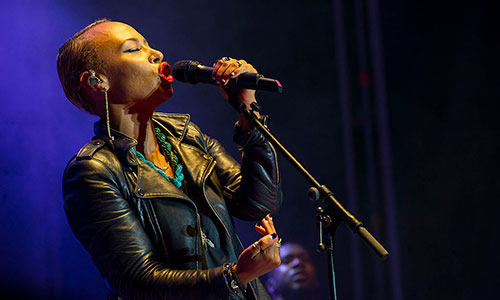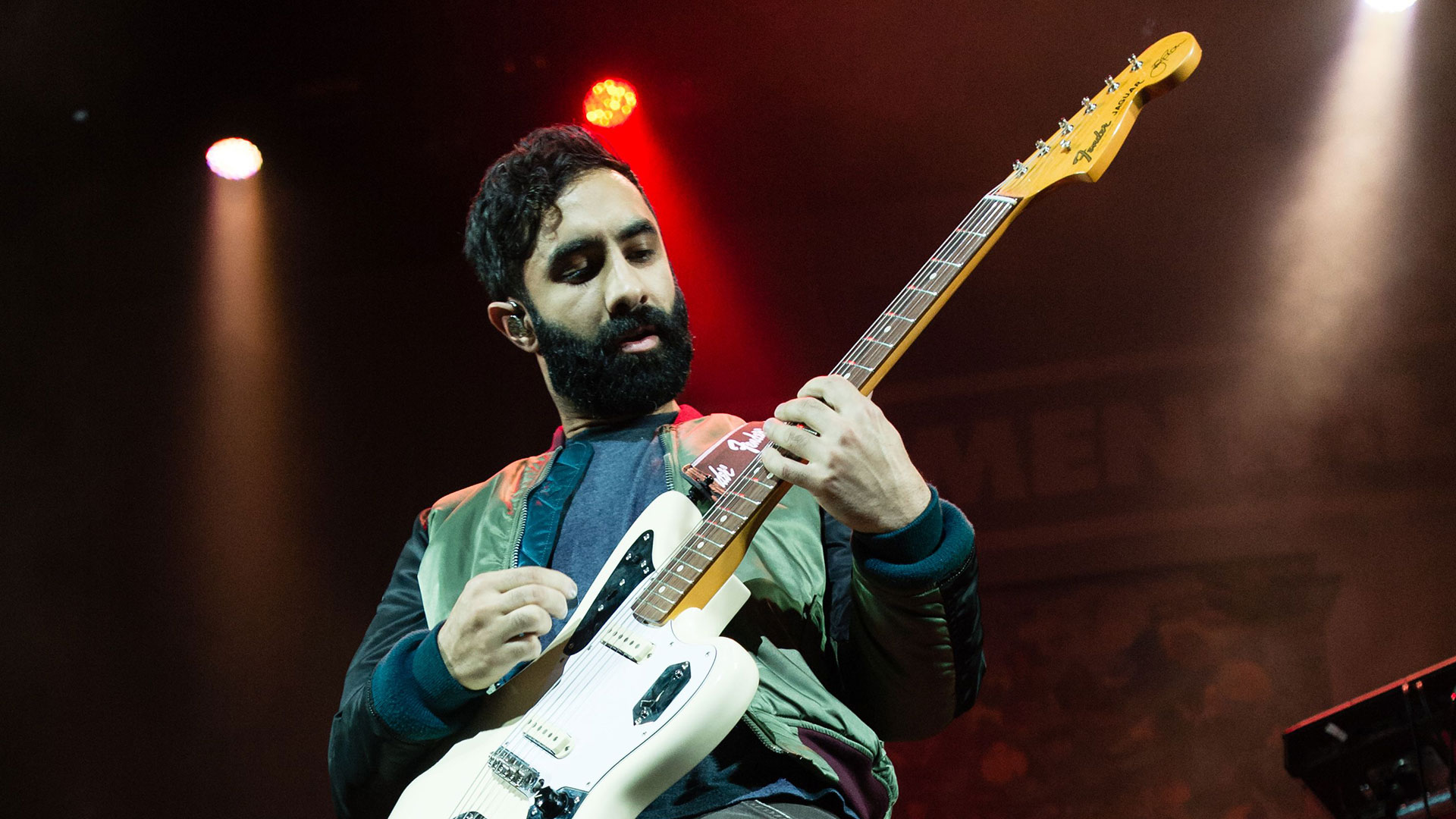More than 1,000 music stars including Ed Sheeran, Rudimental, Emeli Sandé (below) and The National are coming to more than 300 living rooms like yours worldwide to perform intimate shows in over 200 cities across 60 countries. All on just one day, September 20, in aid of raising awareness and attempting to counter the effects of one of the defining issues of our era – the spiralling global refugee crisis.
The new concert series, Give A Home, is a first-of-its-kind event organised by Amnesty International in participation with Sofar Sounds – a London-based company which has created a worldwide community based around gigs in intimate spaces, often people’s homes.

It will bring together established and emerging artists with refugees and local communities. VICE and Facebook Live will live-stream the concerts, helping Give A Home reach a potential audience of many millions globally, sending a positive message to displaced people everywhere letting them know that they aren’t forgotten about, and that in spite of a worsening situation – 22 million refugees worldwide and rising right now, making it the worst refugee crisis since the Second World War – they can still feel welcome throughout the world.
For some musicians taking part in Give A Home, the refugee crisis is a subject particularly close to their heart. Amir Amor, real name Amir Izadkhah, is a record producer, songwriter and multi-instrumentalist musician with several times chart-topping and award-winning English drum’n’bass band Rudimental. He arrived in London as an immigrant (not technically a refugee) in 1992, aged seven, having fled his native Iran, which had been rocked during his early childhood by the Iran-Iraq War, leaving Amir unable to enrol in school and often escaping to shelters amidst bombing raids.
… 300+ shows…. 60+ countries worldwide… 1000+ musicians…
- 65.6 million people were forcibly displaced worldwide by war, violence and persecution at the end of 2016 – a total bigger than the population of the United Kingdom and about 300,000 more than last year (UNHCR)
- Total seeking safety across international borders as refugees topped 22.5 million – the worst refugee crisis since the Second World War (UNHCR)
- Currently just 10 of the world’s 193 countries – none of them among the wealthiest nations – host more than 50 per cent of its refugees
Unable to speak English and with no friends or family around him initially other than his mother and sister, Amir had a hard time getting settled and integrated into British society, not to mention gaining an education. Worryingly, he thinks refugees arriving in the UK today, 25 years on, have it much worse than he did.
Stigmatised and even demonised from the moment they arrive by the right-wing media, and increasingly limited in the kind of social care they can access in the face of government cutbacks, he describes their situation as being “like getting beaten while you’re down”.









